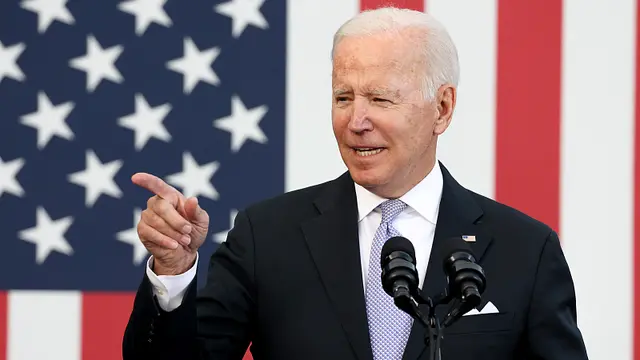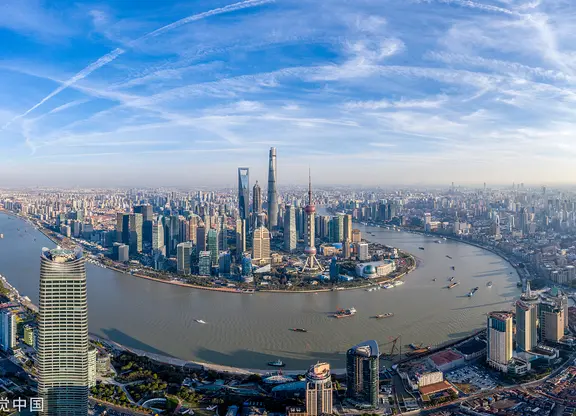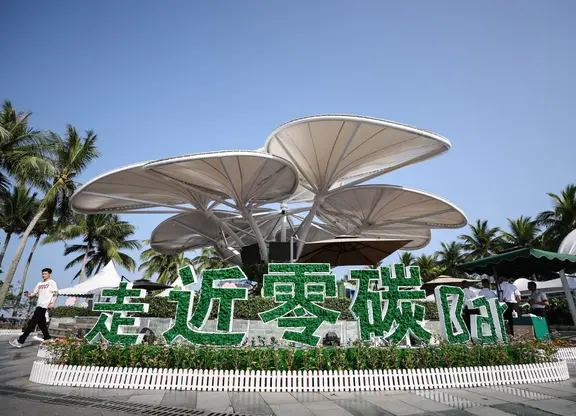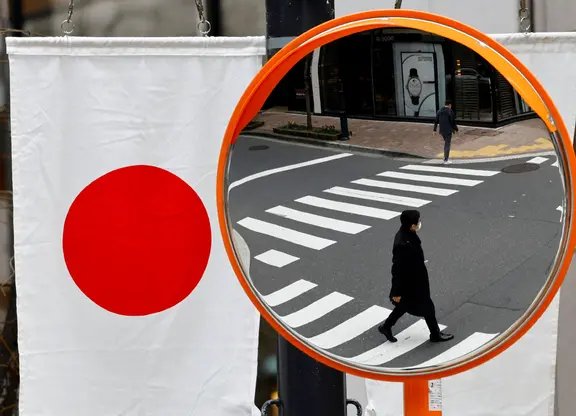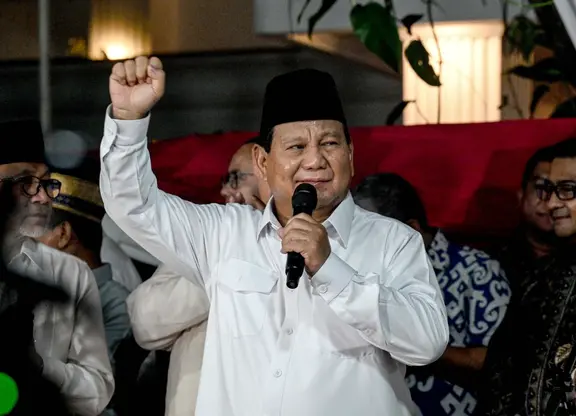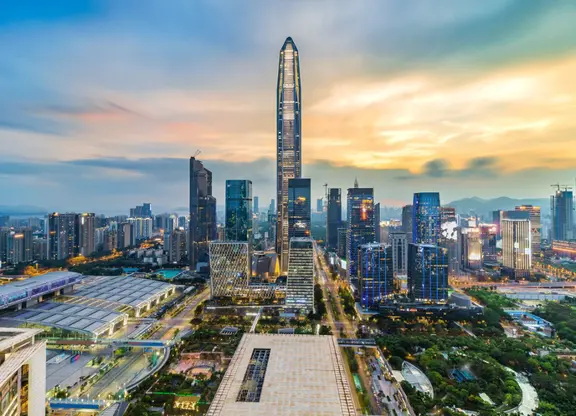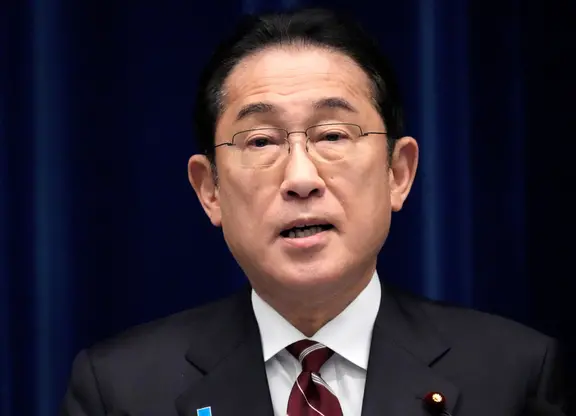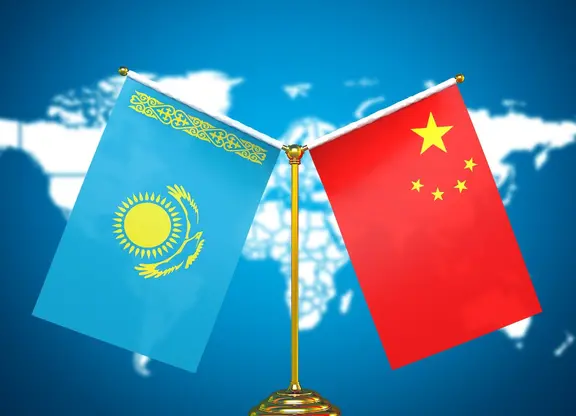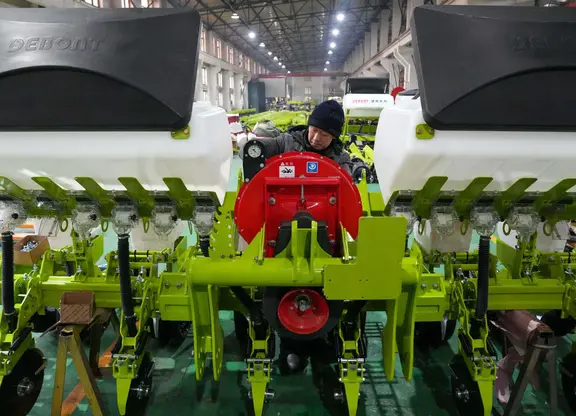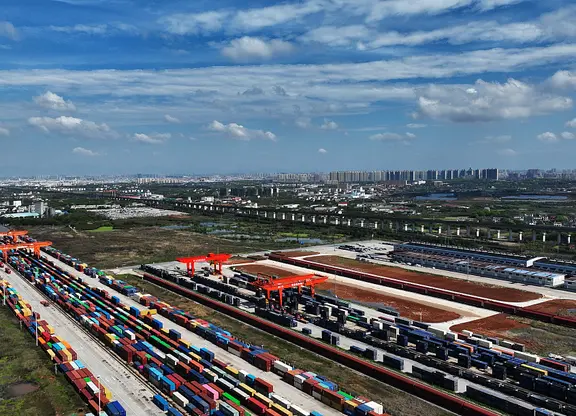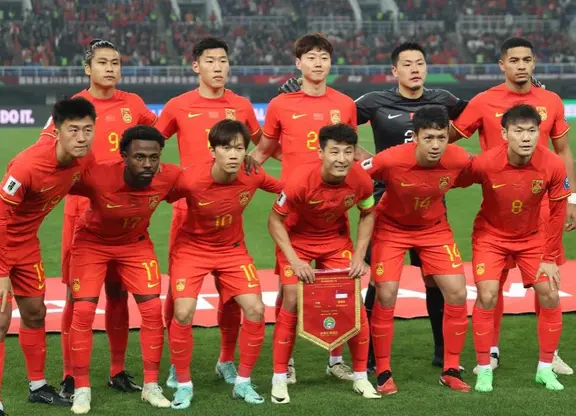It seems to be self-evident that most countries have enormously benefited from globalization. As one of the beneficiaries and main engines of globalization, China is playing its due role as a responsible rising power by making significant contributions to regional and international development.
However, China is baselessly being criticized by a growing number of politicians in Western countries – most notably the U.S. – that have also benefited greatly from the increasingly globalized world. Meanwhile, the U.S. government has been working hard with its Japanese and European counterparts to forge an all-out attack on China's foreign policy, claiming that China is a so-called "destroyer of rules-based international order" and "irresponsible actor in the global community."
Now a "united front of U.S. allies and partners to confront China" has been built, just as what U.S. President Joe Biden envisioned in a Foreign Affairs article published in March 2020. The U.S. and its allies built this front by mainly making full use of the COVID-19 pandemic and the recent Russia-Ukraine conflict to their own advantage.
Apparently, these anti-China arguments and policy measures simply cannot hold water. One may wonder why the U.S., along with its allies, would resort to a confrontational policy towards China. A level-of-analysis approach may shed some light on this puzzle.
On the individual level, attacking China has seemingly become a feasible way out for some American politicians vying for votes. As the U.S. midterm election approaches, "China" has become a catchword of campaign ads particularly in the rust belt, where members of Congress are trying to convince their voters that China is to blame for the poor economy and unemployment.
In just one month, three delegations of lawmakers from two sides of the aisle paid provocative visits to the Taiwan region, signaling those politicians' eagerness to gain political capital at the price of China's core interests.
On the societal and national level, being critical of China helps the U.S. government to distract voters' attention from domestic challenges. The U.S. is now suffering from overwhelming economic downturn and social fragmentation. Warnings that the American economy may encounter recession at the end of this year is causing more anxiety throughout the country.
The incident of the FBI's sudden raid of former president Donald Trump's Mar-a-Lago residence has even intensified unprecedented partisan conflicts and has further divided the country, which has led to some policy analysts' speculation that a civil war in the country could be on the horizon.
As being tough on China becomes a "politically correct" issue in the U.S., a vast majority of media outlets are more willing to criticize China. This is crucial for them to improve audience ratings and attract financial support, which in turn evokes more impetus for them to discredit China.
For example, the Competes Act (which the U.S. Senate green-lighted this May) is about to allot $5 million to the U.S. Agency for Global Media, an American government-run foreign media service entity. This appropriation is reportedly to allocate "for media outlets to produce journalism for overseas audiences that is critical of China," as disclosed by Washington D.C.-based magazine American Prospect.
On the international level, getting tough with China is believed to be Washington's "most effective way," as Biden argued in the same Foreign Affairs article to "out-compete" China with its allies in the great-power competition era. Obsessed with the offensive mindset that a rising power would inevitably challenge the primacy of a status quo power, the U.S. has been doubling down efforts to contain a rising China.
The U.S. and its allies could hardly achieve this goal, nevertheless. For America itself, it is haunted with a variety of internal and external challenges. As the well-established American scholar Joseph Nye keenly observed, "a successful U.S. response to the China challenge starts at home and must be based on preserving America's own democratic institutions."
More importantly, China's continuous rise is more contingent upon its adoption of well-designed strategies to maintain sustainable economic growth in the face of threats by the raging pandemic, which is treated as a core mission for both the central and local Chinese governments. More adequate yet robust measures are being taken by China to stimulate economic growth while adhering to the dynamic "zero-COVID policy."
An equally important factor lies in China's commitment to building a community with a shared future for mankind. Nowadays, countries are confronted with grave challenges. But "in every challenge lies an opportunity," as Chinese President Xi Jinping points out. "Working with all countries toward a community with a shared future for mankind" is the key to "turn challenges into opportunities."
To this end, China has provided a great amount of urgently-needed assistance like COVID-19 vaccines and infrastructure to under-developed regions and countries. It also cooperates with the U.S. and other major countries to combat common challenges such as climate change which pose serious threats to the survival and development of all mankind.
Therefore, China's decades-long strategic opportunity enabling its continuous rise has not come to an end as some analysts argue despite America's confrontational policy towards China. By striving to build a community with a shared future for mankind, China could turn its diplomatic challenges into opportunities to gain momentum for its rise while contributing to make a better world.
In a word, it is China itself rather than the U.S. that shapes its strategic opportunities in the new era with changes as well as challenges unseen in a century.
(CGTN)
 简体中文
简体中文

